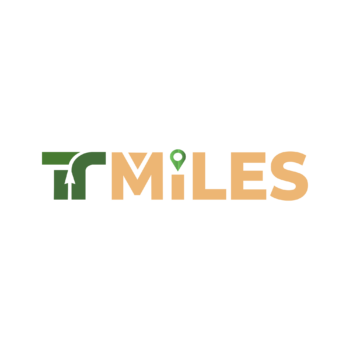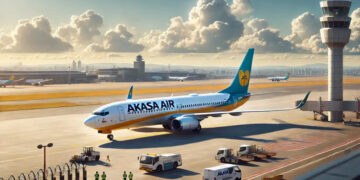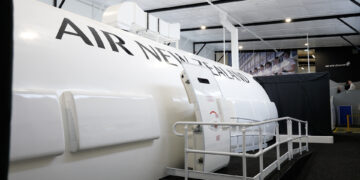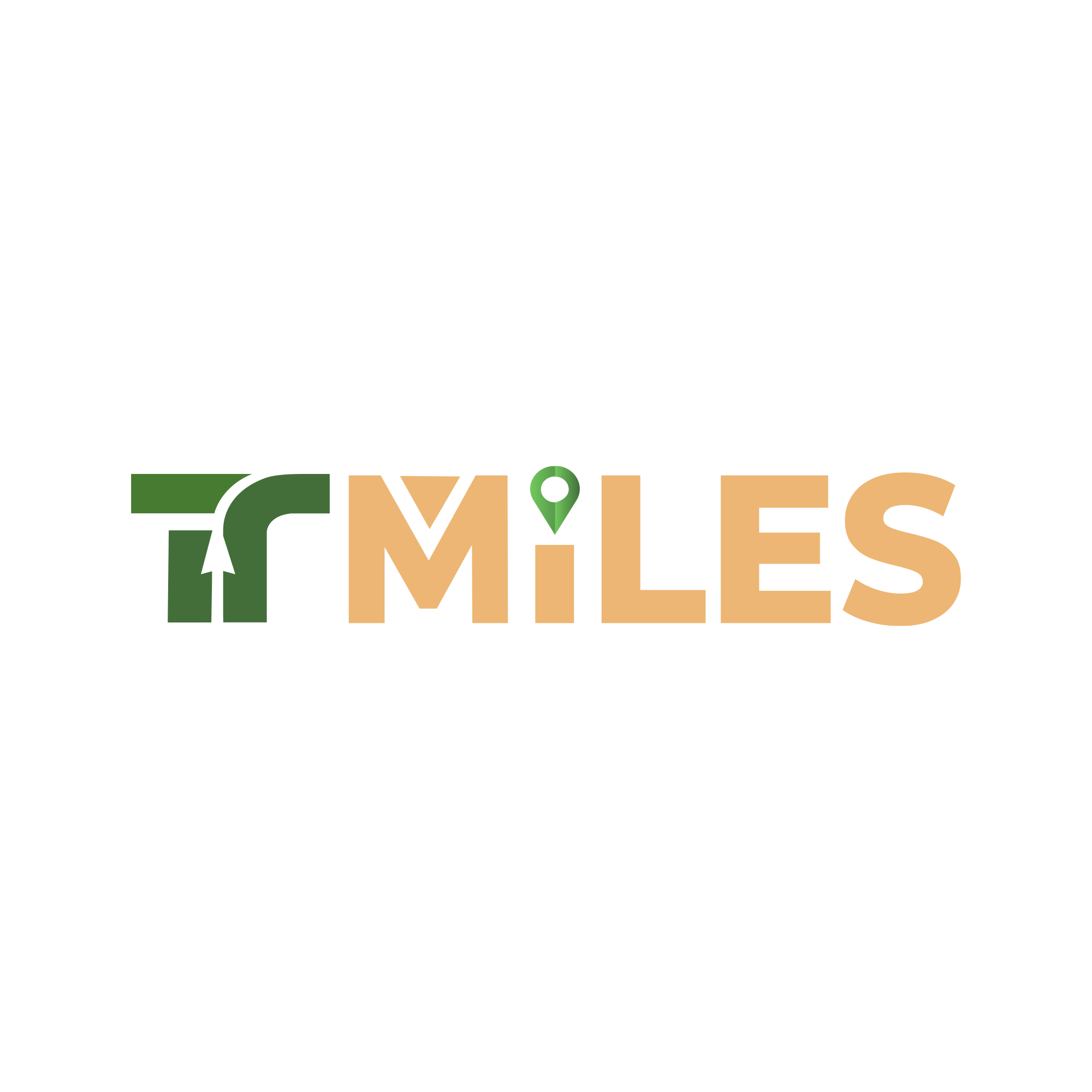Avara Foods facing legal claim over alleged links to River Wye pollution
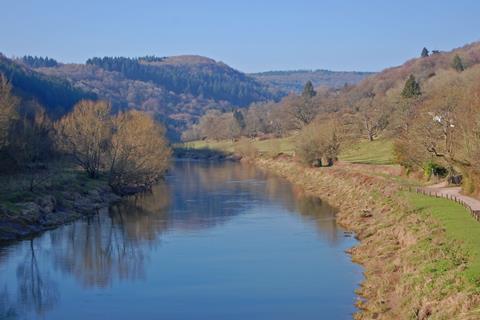
Poultry giant Avara Foods is facing a legal claim for compensation potentially worth “hundreds of millions of pounds” over its alleged links to pollution in the River Wye catchment.
The group action, officially launched by law firm Leigh Day this week, will claim Avara is “responsible for the damage that has already been caused and should clean up the River Wye and the surrounding land”. The case is supported by River Action, which has been campaigning for an end to pollution in the river for several years.
Avara should also pay compensation to people and businesses “whose lives, livelihoods and enjoyment of the area has been impacted because of the effects of pollution”, the firm, which specialises in so-called ‘no win, no fee’ cases, said.
But in response, the supplier stressed it was not a direct contributor to the pollution in the area, slamming Leigh Day for an “opportunistic attempt to profit from a serious environmental issue”.
It said it understandood court proceedings had not been filed, nor was there a date to do so, “and there appears there has been little to no progress since the claim was first marketed a year ago”.
Compensation call
Leigh Day noted how Avara (alongside several other food businesses operating in the area) had committed to “cease polluting the river in the future” via a ‘roadmap’, launched in January 2023 to ensure farms in its supply chain no longer contributed excess phosphate into the River Wye.
However, it added it would argue Avara also had a responsibility for redress for damage already done to the area, spanning people and businesses based across a 4,000 sq km area in Powys, Herefordshire and Monmouthshire.
“The claimants will include people affected by the pollution such as swimmers, canoeists, walkers, clubs, organisations, anglers and businesses whose lives and trade has been hit by the worsening condition of the river, or the nuisance effects on those living near chicken farming, such as smells, insects and noise,” Leigh Day said.
The River Wye had been “at the forefront of a major expansion of the chicken industry in the UK”, it added.
“Between 2013 and 2017 the number of birds in Herefordshire rose by one-third and researchers estimate the area now houses 23 million or more birds at any one time, generally concentrated in very large poultry units,” it said, with Avara responsible for 80% of the birds in the catchment area.
“We consider the significant decline in the health of the River Wye over the last few years is clearly linked to the significant increase in intensive poultry farming, in the main brought about by Avara Foods,” said Leigh Day partner Oliver Holland.
“The lives and livelihoods of those living in the River Wye area are being significantly impacted only to the benefit of Avara Foods, a subsidiary of US multinational Cargill Plc. This destruction of one the UK’s most beautiful natural areas cannot continue, which is why we are bringing this legal action.”
‘No merit’
Avara responded by saying the action had “no merit and is not supported by evidence or expert opinion”, citing independent research from Lancaster University, which suggested the rate of legacy phosphorus increase peaked in the early 1980’s.
A statement by the supplier added the claim “ignores the long-standing use of phosphate-rich fertiliser by arable farms as well as the clear scientific data showing the issue of excess phosphorus considerably pre-dates the growth of poultry farms in the Wye catchment”.
It was “confident there is no case to defend but, if forced to do so, we would pursue Leigh Day to recover any costs we incur”, it warned.
The business also pointed out that every farm in Avara’s supply chain housed birds indoors “and there is no contact between manure and the land”.
There was, therefore, “no run-off or leaching from our poultry farms onto the land or into the river”, it stressed.
“Manure in our supply chain only reaches land when a conscious decision is made to use it on farmland elsewhere, typically as fertiliser by other farmers for their food and forage crops,” Avara pointed out, while actions taken by Avara over the past two years meant that even the indirect impact of its supply chain was now “negligible”.
“Avara data shows that the majority (c75%) of manure originating from its supply chain is bought by other farms, for use as fertiliser.”
